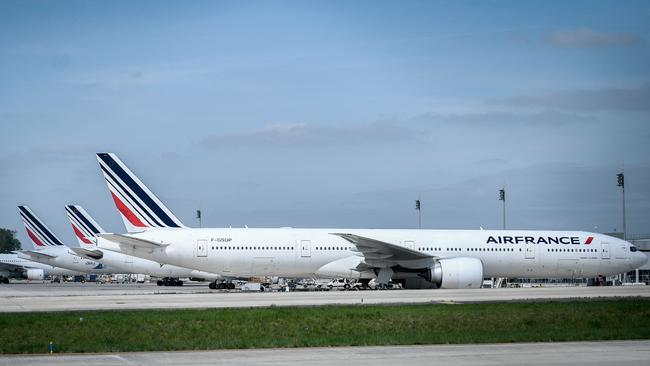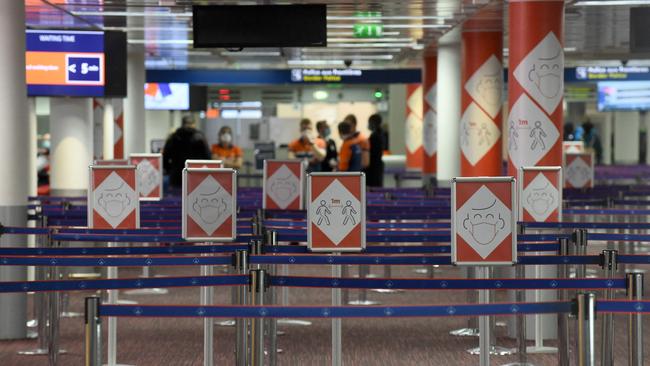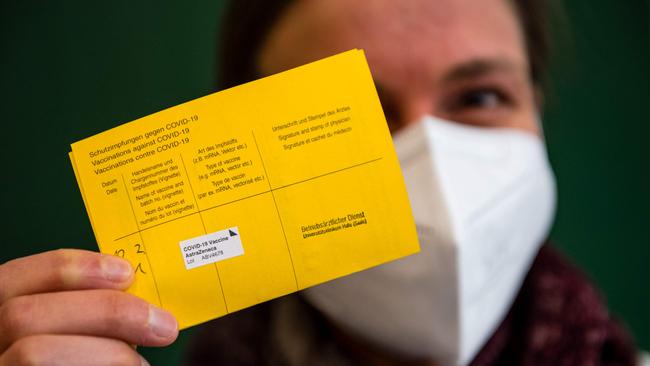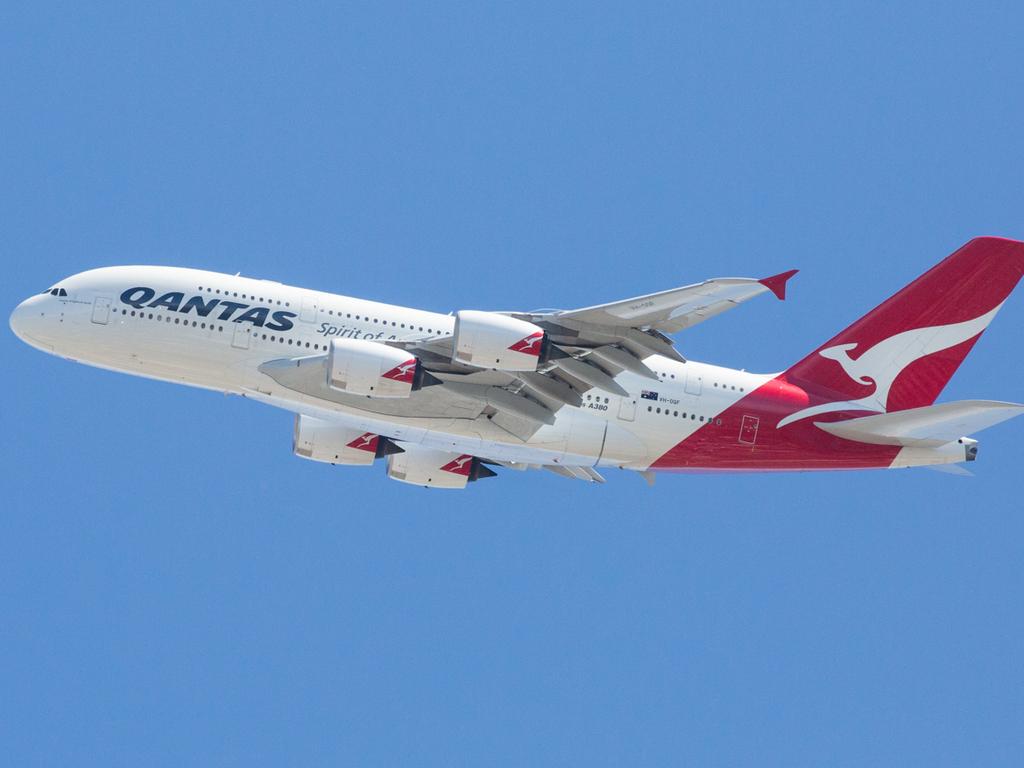Airlines want vaccine passports but don’t want to pay for them
As Europe plans document to store COVID-19 data, industry raises concerns about potential costs.

Airlines are resisting early European Union plans that could push some of the costs and responsibility for implementing vaccination passports onto the industry.
The EU is moving ahead with plans to roll out a “Digital Green Certificate” — a document to store COVID-19 information such as vaccination records and test results. Governments, airports and airlines hope that will spur travel across the bloc by making it easier to check if passengers have been inoculated.
“Vaccines are what is going to ultimately allow us to start recovering as an industry,” said Olivier Jankovec, director general of Airports Council International Europe, a trade body of airports. “It’s what is going to allow Europeans to be mobile again.”
On Friday, the US Centers for Disease Control and Prevention said people who are fully vaccinated against the new coronavirus can travel without serious risk, easing its blanket advice against travel.
The EU plan is still in flux, but governments are fast-tracking the project for a mid-June rollout. The basic concept: Europeans who are vaccinated will be issued a certificate, either paper or electronic, with a bar code that can be scanned at airports to verify vaccination.
While airlines back the effort, they are lobbying against initial proposals that could hand them the responsibility for making the system work. They also are resisting the idea of barcode scanning at airports, saying that could increase wait times at check-in. Many airports already are straining with long lines, under the weight of new health checks required of flyers during the pandemic.

The EU is setting up the system similarly to how it polices travel visas for citizens outside the bloc’s normally visa-free zone. While visa inspection is officially done by border guards, airlines have long been assigned the job of checking whether passengers have the right visas before they board. Airlines are subject to fines of up to 10,000 euros, equivalent to $US11,700, in some European jurisdictions, if they let a traveller land in a country without the proper visa.
Airlines say they can’t afford the risk of more such fines or the extra costs of policing vaccine and COVID-19 documentation. Carriers burned through $US140bn in cash between March and December last year, according to estimates by the International Air Transport Association, and are forecast to lose as much as $US95bn in 2021.
“Airlines cannot afford to bear the costs for these improvements,” said Thomas Reynaert, managing director for Airlines for Europe, which represents airlines including British Airways, a unit of International Consolidated Airlines, Deutsche Lufthansa and Air France-KLM Group. Any new costs will be borne by all airlines that operate from European airports, not just European carriers, under the proposal.
It isn’t yet clear how much the system could cost. Airlines are concerned they will be expected to bear the costs of additional staff and equipment to operate the system, as well as integrating it into existing airline infrastructure, in addition to shouldering potential fines.
The EU’s proposal provides $US49 million to develop a central gateway for governments to connect to, with each separately determining how best to implement it on a national level, including how verification checks will be handled on the ground, said Johannes Bahrke, a spokesman for the European Commission.

In some member states, governments may decide to use government officials to check the vaccine passport, but in others the responsibility could fall on the airlines, Mr Bahrke said.
Mr Bahrke said it is up to individual states to decide on any fines. Some governments already are fining airlines for not properly checking that passengers have the right health documents now required in many countries.
The proposal still requires formal ratification from the European parliament. Aiming for the June rollout, the commission and member states have started work on the system’s development, including signing contracts in late March to get technical work under way, the spokesman said.
Countries including China, Japan, Denmark and Israel have said they are working on independent vaccine-passport systems. The World Health Organisation is working with the United Nations’ International Civil Aviation Organisation to develop a global structure to support vaccine certificates.
For Europe, the introduction of vaccine passports is seen as vital to reinstating freedom of movement across the bloc — one of the founding tenets of the EU. A system that can verify a passenger’s vaccination status also frees travellers from the expense of private COVID-19 tests that are required for entry into many countries. Those tests can cost up to $US200, and often two are required.
“It changes the economics of travel,” said Virginia Messina, senior vice president at the London-based World Travel and Tourism Council.
The industry and the European Commission are trying to establish the wider framework for the system in time for summer. The first step is standardising vaccine cards that are given to people after they have been vaccinated. In Europe, those cards vary widely, with different languages and variations on the personal details included. In the US, there isn’t a central database for immunisation or a standard proof of COVID-19 vaccinations like the yellow-fever cards that are required for travel to many countries.
Once the system has been rolled out successfully within Europe, the commission plans to extend it to incoming non-EU citizens. Depending on bilateral agreements, an arriving passenger — for example, from the US — could receive a certificate and bar code on arrival into the bloc, which can then be used to travel between European countries.
The industry, concerned about physical checks creating long lines at airports, is pushing for an online system that could avoid the issue if borders reopen by the summer. Airlines including British Airways are running trials that allow passengers, when checking in online, to upload vaccination and test records to their travel apps alongside data that are already kept there, such as passport numbers and visa information.
The Wall Street Journal





To join the conversation, please log in. Don't have an account? Register
Join the conversation, you are commenting as Logout